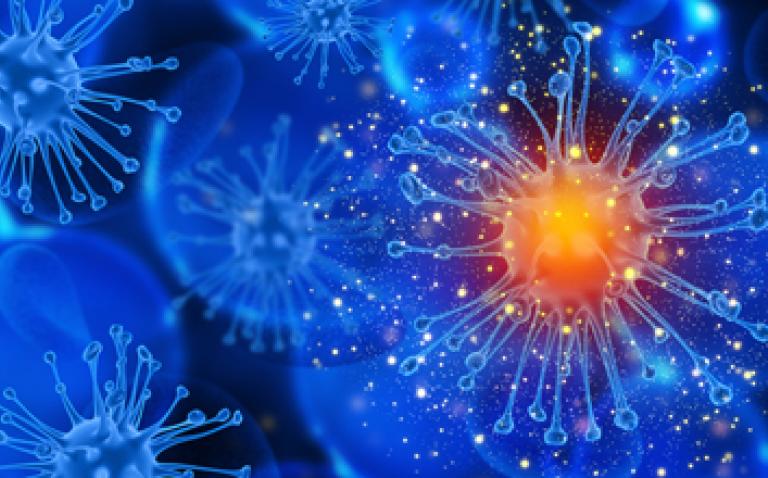The Nobel prize for physiology or medicine has gone to two scientists who have discovered how to fight cancer using the body’s immune system.
Professor James Allison from the University of Texas and Professor Tasuku Honjo from Kyoto University were awarded the prize for their ‘discovery of cancer therapy by inhibition of negative immune regulation’.
Their research has led to treatments for advanced skin cancer, which experts have said has proved to be ‘strikingly effective’.
Professor Allison studied a known protein that functions as a brake on the immune system. He discovered a way to release the brake and unleash the immune cells to attack the tumours.
Professor Honjo similarly discovered a protein on immune cells, which also operates as a break, but with a different mechanism.
The two scientists will share the prize money, which is 9 million Swedish kronor, or about 870,000 euros.
Announced on 1 October, the prize-giving academy said the research was a “landmark in our fight against cancer”.
Professor Charles Swanton, Cancer Research UK’s chief clinician, said: “The Nobel prize-winning discoveries made by these scientists has revolutionised not only our understanding of the immune system and cancer, but also the field of cancer treatment.
“Thanks to this groundbreaking work, our own immune system’s innate power against cancer has been realised and harnessed into treatments that continue to save the lives of patients. For cancers such as advanced melanoma, lung and kidney, these immune-boosting drugs have transformed the outlook for many patients who had run out of options.”
Klas Kärre, a member of the Nobel committee, said the discovery was a “new principle for treatment” of cancer.
“Unlike previous treatments where you target the cancer cell, with this treatment targets the host’s immune system, and it does so by releasing or blocking the brakes of the immune system and when you release the brakes things go faster and we have a more strong response against the patient’s cancer cells,” said Mr Kärre.
The first approved drug using this type of treatment was used in 2011, and the long term outcomes of it are “very convincing”, according to Mr Kärre.
Although the treatment does not work for everyone, for some patients it has worked very well, and has even been effective on tumours that have started to spread around the body.










